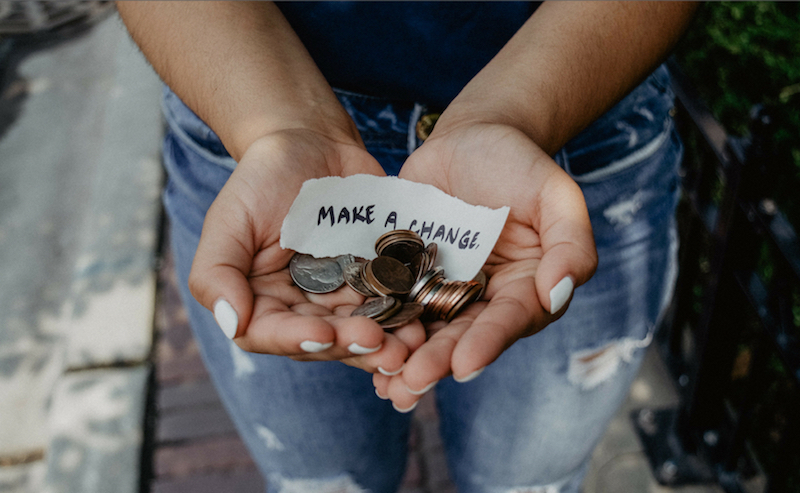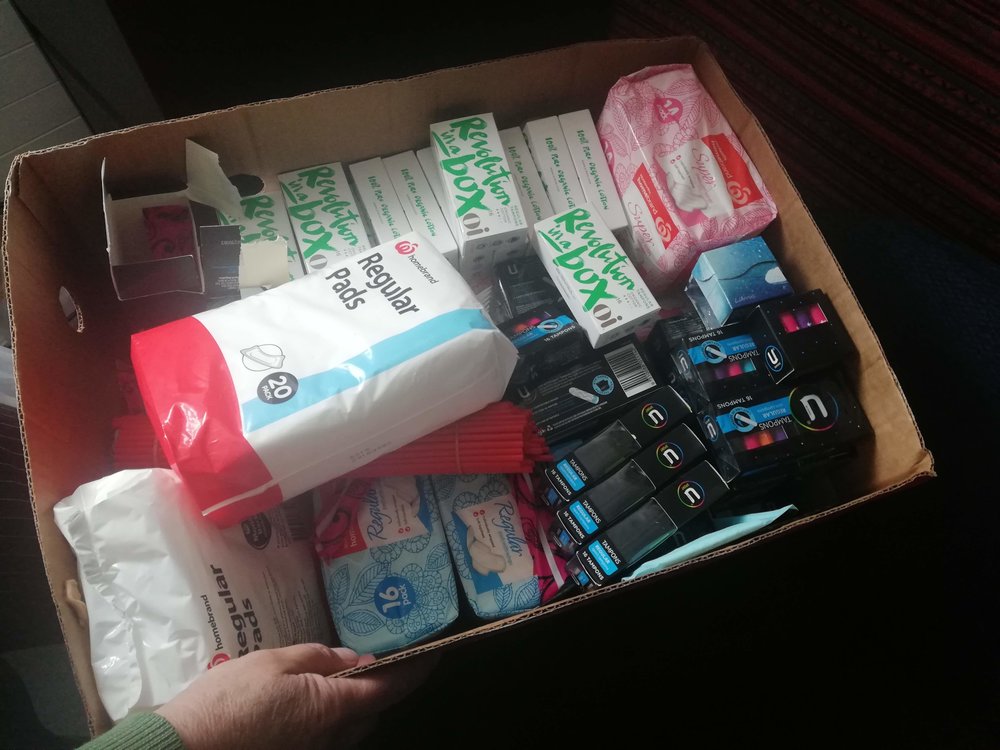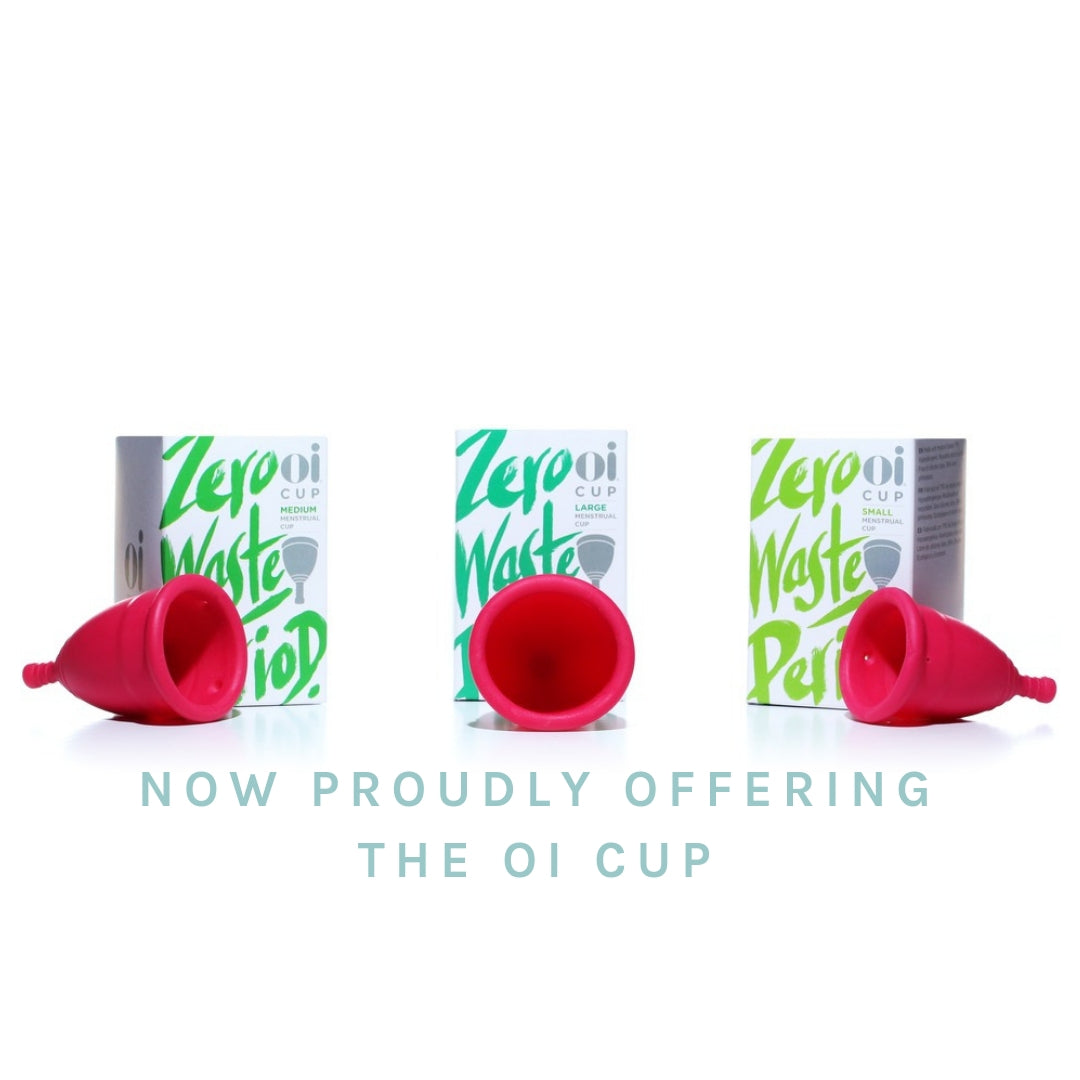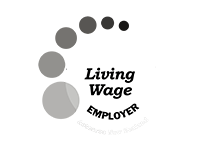Recently we’ve been wondering whether it is necessary to focus on period poverty when the larger systemic issue of poverty is the real crux of the problem. The thing is period poverty is a byproduct of poverty. If poverty was eradicated from New Zealand, period poverty would disappear too.
So does this mean we should forget about period poverty?
Below are the reasons why we started Dignity, and the lessons we have learned about period poverty.
1. Poverty still exists, and as a team of everyday people, this is a tangible way we can contribute.
Poverty is a highly politicised issue in New Zealand. As argued in a recent article, genuine systemic change is needed to reduce the economic disparities that many New Zealanders face. Unfortunately, we aren’t there yet, but as we move towards this future we can’t pretend short-term solutions like ours aren't necessary right now.
Dignity is helping reduce the current implications of poverty, and if we were not here, the students we support would simply not have access to the period products we can give to those in need.

We know Dignity is not the overall solution. But Dignity is a vehicle for a sustainable option when there are few immediate alternatives available (aside from one-off grants), particularly for young women who are not out of school and financially independent. That doesn’t mean we don’t support other initiatives or policies to reduce poverty.
Dignity’s existence can mean both support the growth of a society where poverty doesn’t exist and make sure no student is left behind with their education.
2. Periods Often impact MENSTRUATING People who can be disproportionately affected by poverty.
In New Zealand, there is a high incidence of cis-women living in poverty and we know that it is more likely for cis-women to be poorer than cis-men (with reference to the well-documented gender-pay gap). Furthermore, it is common for women to be solely responsible for raising children, making it difficult for them to find regular work and hours that accommodate their home lives. Supporting students with period products is a direct way to funnel financial support and improve education to a disproportionately affected group.

3.New Zealand knows very little about period poverty
Period poverty has historically been shrouded in stigma, and because of this we still do not know the full scope of the problem or the impact it is having. This is what we have to come to realise as we have created relationships with schools across the country.
When we first started Dignity, there was little to no understanding of period poverty in New Zealand — media reports were the only form of information available. Early into Dignity’s conception, we had a meeting with a key group to obtain research on the issue — they told us they had not done any research as they were dubious it existed.
Since then, many personal accounts have been released, but it’s important to highlight that this was as recent as Dignity’s creation, and further highlights the point that there is an overarching need for systemic change to combat poverty within New Zealand. It’s important to understand how severe the issue of poverty is before we can expect to make valuable impact.
Over our journey, we have talked with nurses, principles, students, local community representatives, government and collected data from schools across New Zealand about what period poverty is and how it can manifest in communities. These conversations and results prove what we understood to be true: not only does period poverty exist but its implications are diverse and multifaceted.
Some students do not go to school because they simply don’t have sanitary items available to them. Others do have access to them but this cuts into other costs like healthy food, amenities, clothes and other school essentials. In many cases students are also often caught out because they do not feel that they can talk to their parents about their periods due to cultural or religious expectations and norms.
So here’s why we keep on going:
Essentially, we do not know the full scope of the problem because until two years ago, it was an uncomfortable subject to approach and it was easier to ignore. Only a handful of people doing awesome work at places like KidsCan and the City Mission were the crusaders to help deal with the consequences of poverty manifesting in something so basic and necessary; student’s sanitation, health and education.
We can’t dismiss period poverty now – there is still so much more to understand. It's critical that we best use our resources to support a disproportionately affected group in a society that is still being affected by the impact of poverty.
. . .
Follow us on Facebook, Instagram, Twitter and/or LinkedIn for regular updates about Dignity.








Leave a comment
This site is protected by hCaptcha and the hCaptcha Privacy Policy and Terms of Service apply.